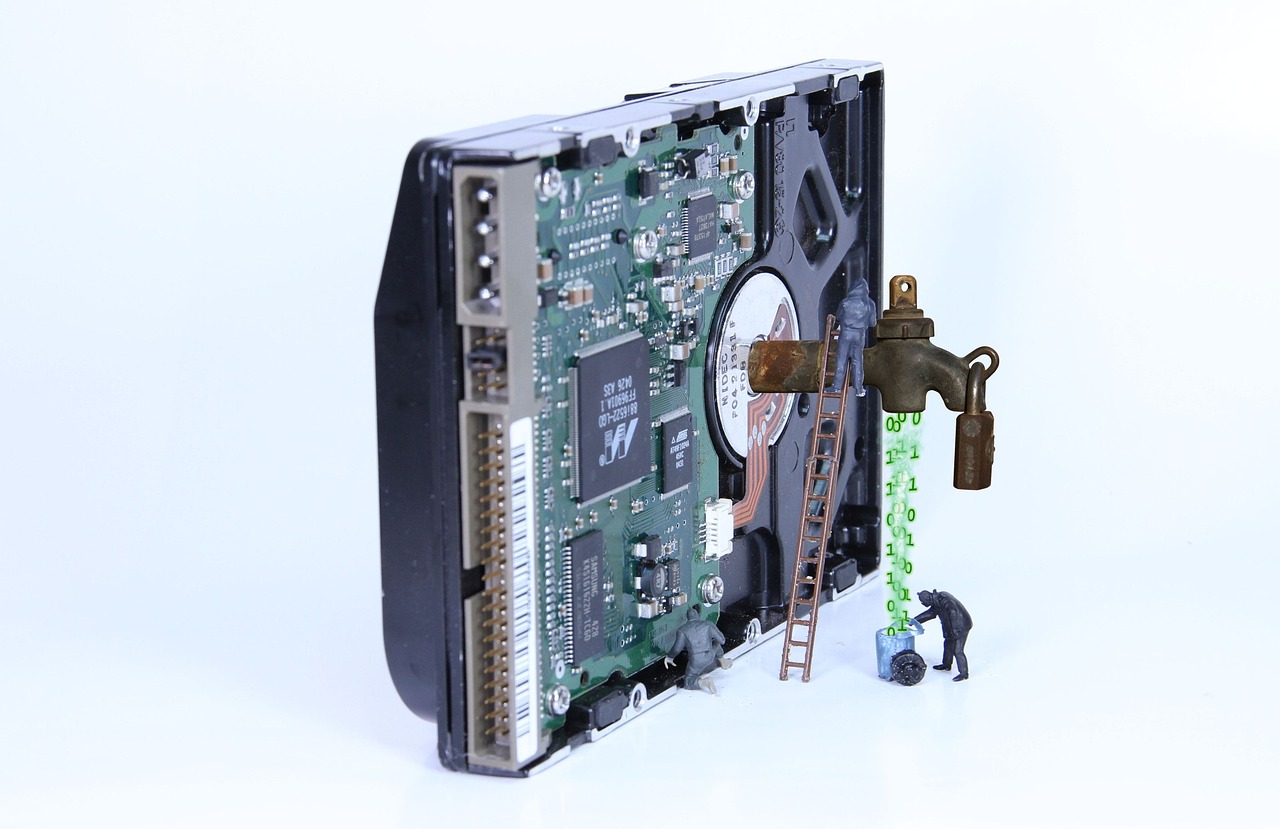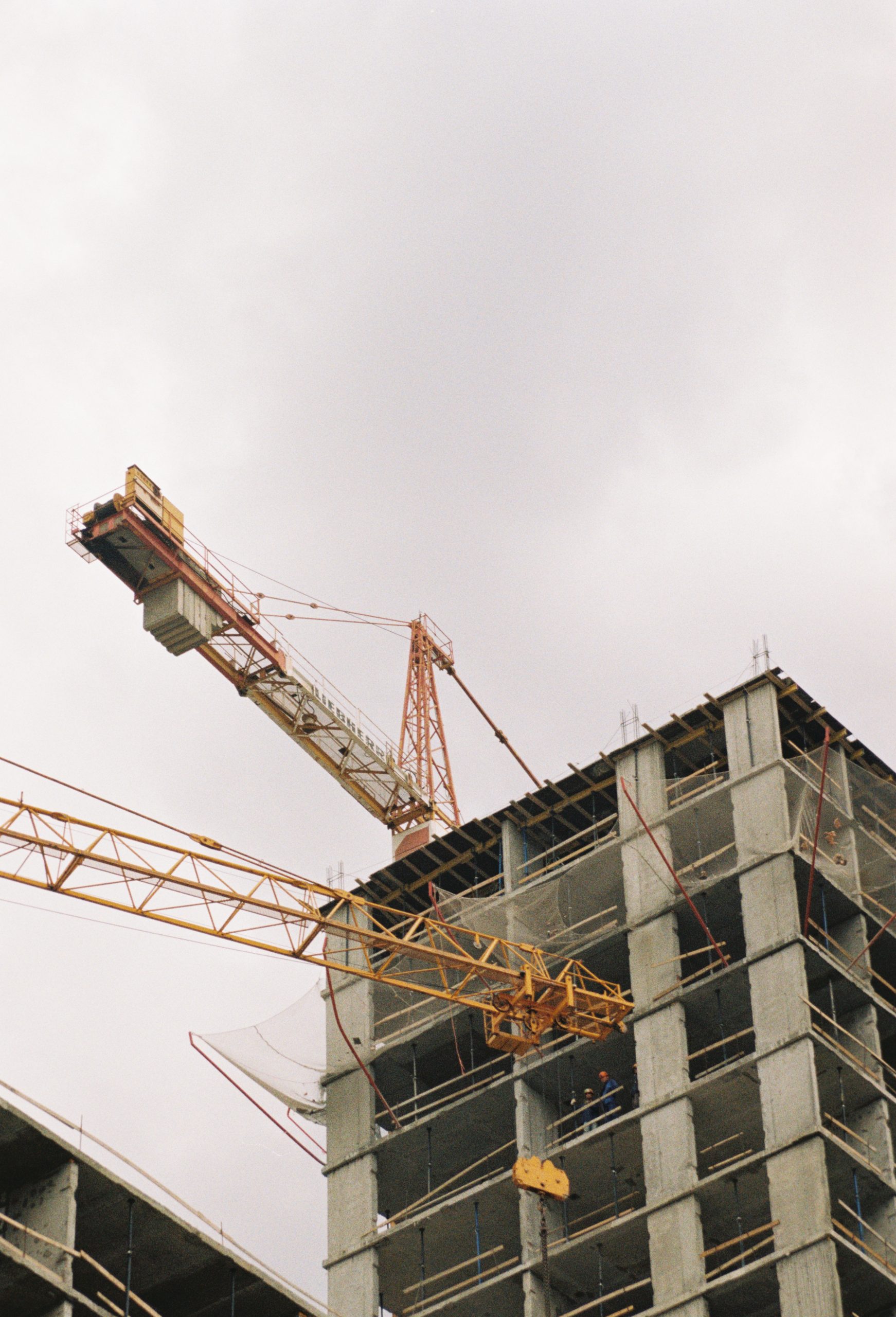If you find yourself entangled in legal matters related to construction in North Logan, Utah, you’ve come to the right place. This article aims to provide you with valuable insight into the world of construction law and address common concerns you may have. Whether you’re dealing with contract disputes, construction defects, or zoning issues, our experienced attorney is here to offer you reassurance and guidance. With our expertise, we can help navigate the complexities of construction law and protect your rights. So, take the next step and reach out to us today by calling the phone number listed on our website. Together, we can resolve your legal concerns promptly and efficiently.

Why Do You Need a Construction Lawyer?
Navigating Complex Construction Laws and Regulations
When it comes to construction projects, there are numerous laws and regulations that need to be followed. These laws can be complex and overwhelming, especially if you don’t have a legal background. That’s where a construction lawyer comes in. They have a deep understanding of the laws and regulations surrounding construction in North Logan, Utah, and can help you navigate through them with ease. Whether it’s zoning laws, building codes, or environmental regulations, a construction lawyer will ensure that you are in compliance with all the necessary requirements.
Protecting Your Rights and Interests
One of the key reasons why you need a construction lawyer is to protect your rights and interests throughout the construction process. Construction projects can involve numerous parties, such as contractors, subcontractors, suppliers, and government agencies. With so many different parties involved, conflicts and disputes can arise, putting your rights and interests at risk. A construction lawyer will be your advocate and ensure that your rights are protected. They will review contracts, negotiate on your behalf, and ensure that your interests are represented at all times.
Resolving Construction Disputes
Construction projects are notorious for disputes. Whether it’s a disagreement over contract terms, payment issues, or construction defects, these disputes can be time-consuming, costly, and stressful. With a construction lawyer by your side, you can have peace of mind knowing that they have the experience and knowledge to effectively resolve these disputes. They will examine the facts, gather evidence, and develop a strong legal strategy to protect your interests. Whether through negotiation, mediation, or litigation, a construction lawyer will work towards a favorable resolution for you.
Handling Construction Defects and Delays
Construction defects and delays can cause significant financial and legal implications. Defects may include poor workmanship, design errors, or the use of substandard materials, while delays can be caused by various factors such as weather conditions, supply chain issues, or contractor negligence. When faced with such issues, a construction lawyer can assist you in pursuing legal remedies. They will assess the situation, determine liability, and help you recover damages or seek appropriate remedies for the delays.
Services Offered by a Construction Lawyer
Reviewing and Drafting Contracts
Contracts are a vital component of any construction project. They outline the rights and responsibilities of all parties involved and provide legal protection in case of disputes or breaches. However, understanding and drafting contracts can be complex. A construction lawyer can review and negotiate contracts on your behalf, ensuring that your interests are protected and that the terms are fair and reasonable. They will carefully analyze the contract language, identify potential risks, and make necessary amendments to safeguard your rights.
Assisting with Permitting and Licensing
Obtaining the necessary permits and licenses is crucial for any construction project. Failure to comply with the permitting and licensing requirements can result in costly fines and legal complications. A construction lawyer can guide you through the process, ensuring that you have all the necessary permits and licenses from the relevant authorities. They will also assist in navigating any legal hurdles and ensure that you are in compliance with local regulations.
Monitoring Compliance with Building Codes
Building codes are regulations that dictate the minimum standards for construction projects. Compliance with these codes is essential to ensure the safety and structural integrity of the building. A construction lawyer will monitor your project to ensure that it complies with all applicable building codes. They will conduct regular inspections, review construction plans, and address any issues that may arise. By ensuring compliance with building codes, you can avoid legal disputes and potential liability.
Advising on Insurance and Liability Issues
Construction projects come with inherent risks, including property damage, personal injury, and liability issues. It’s crucial to have the right insurance coverage in place to protect yourself from these risks. A construction lawyer can help you navigate through the complexities of insurance policies, ensuring that you have adequate coverage for your project. They will review your insurance contracts, advise you on potential liability issues, and help you address any claims or disputes that may arise.
Finding the Right Construction Lawyer
Experience in Construction Law
When searching for a construction lawyer, it’s important to consider their experience in construction law. Look for a lawyer who specializes in construction law and has a proven track record of handling similar cases. Experienced construction lawyers will have a deep understanding of the industry and the specific legal issues that can arise in construction projects. They will know how to navigate through complex construction laws and regulations, ensuring that your rights and interests are protected.
Local Knowledge and Connections
Choosing a construction lawyer who is familiar with the local laws and regulations in North Logan, Utah, is essential. Construction laws can vary from one jurisdiction to another, so having a lawyer who knows the specific requirements in your area is invaluable. Local construction lawyers will have knowledge of the local building codes, permitting processes, and licensing requirements. They will also have connections within the local construction industry, which can be beneficial when it comes to resolving disputes or finding expert witnesses.
Positive Reputation and Client Reviews
When it comes to choosing any professional service, reputation matters. Look for a construction lawyer who has a positive reputation in the community and among their clients. Online reviews and testimonials can provide valuable insights into a lawyer’s reputation. Positive reviews from past clients are a good indication that the lawyer provides quality service and is dedicated to achieving favorable outcomes for their clients. A reputable construction lawyer will have a proven track record of success and will work diligently to protect your rights and interests.
Compatibility and Communication
Effective communication and a good working relationship with your construction lawyer are crucial for a successful outcome. During the initial consultation, assess whether you feel comfortable talking to the lawyer and whether they communicate clearly and effectively. The lawyer should listen to your concerns, answer your questions, and provide honest and straightforward advice. A compatible and communicative relationship with your lawyer will ensure that you are informed and involved throughout the legal process.
Understanding Construction Law in North Logan, Utah
Overview of Construction Laws in North Logan
North Logan, Utah has specific construction laws that govern the planning, design, construction, and modification of buildings within the city limits. These laws are in place to ensure the safety, health, and welfare of the community. The construction laws in North Logan cover various aspects such as building codes, zoning regulations, land use regulations, and occupancy requirements. It’s important to have a construction lawyer who is well-versed in these laws to ensure compliance and avoid legal issues.
Building Codes and Regulations in North Logan
Building codes in North Logan, Utah establish the minimum requirements for the design, construction, and maintenance of buildings. These codes cover areas such as structural integrity, fire safety, plumbing, electrical systems, and accessibility. Compliance with building codes is essential to ensure the safety and well-being of occupants and to avoid legal complications. A construction lawyer will ensure that your project meets all the necessary building code requirements and help you address any issues that may arise during inspections or audits.
Licensing and Permitting Requirements in North Logan
Before starting a construction project in North Logan, it’s important to understand the licensing and permitting requirements. Certain types of construction work may require specific licenses, such as electrical or plumbing licenses. Additionally, building permits are typically required for any new construction, renovations, or additions. A construction lawyer will guide you through the process of obtaining the necessary licenses and permits, ensuring that you are in compliance with the local regulations.

Common Legal Concerns in Construction Projects
Contract Disputes and Breaches
Contract disputes and breaches are common in construction projects. These disputes may arise from disagreements over contract terms, scope of work, payment issues, delays, or changes in project specifications. A construction lawyer can help you navigate through these disputes by reviewing the contract, identifying breaches, and pursuing legal remedies. They will work to protect your rights and interests, whether through negotiation, mediation, or litigation.
Mechanic’s Liens and Payment Issues
Mechanic’s liens are legal claims placed on a property to secure payment for construction-related work or materials. If you are a contractor or subcontractor and have not been paid for your work, a construction lawyer can assist you in filing a mechanic’s lien to protect your right to payment. On the other hand, if you are a property owner facing a mechanic’s lien, a lawyer can help you understand your options and resolve the payment dispute.
Construction Defects and Warranty Claims
Construction defects can include issues such as structural problems, water leaks, HVAC malfunctions, or inadequate insulation. These defects can cause significant financial and health-related consequences. If you discover construction defects in your project, a construction lawyer can help you pursue a warranty claim against the responsible party. They will assess the defects, review the applicable warranties, and determine the best course of action to obtain the necessary repairs or compensation.
Delay and Time-Related Claims
Delays in construction projects can have a ripple effect, causing financial losses and impacting project timelines. If you have experienced significant delays that have affected your project’s progress or incurred additional costs, a construction lawyer can assist you in pursuing delay and time-related claims. They will review the project schedule, assess the causes of the delays, and determine the liability of the responsible parties. With their guidance, you can seek appropriate compensation for the damages incurred.
Steps to Take in a Construction Dispute
Gather Relevant Documents and Information
When faced with a construction dispute, it’s important to gather all relevant documents and information related to the project. This may include contracts, change orders, invoices, correspondence, photographs, and any other evidence that supports your position. Organize these documents and present them to your construction lawyer for review. The more comprehensive the information you provide, the better your lawyer will be able to assess your case and develop a strong legal strategy.
Consult with a Construction Lawyer
Once you have gathered the necessary documents, it’s time to consult with a construction lawyer. During the consultation, explain the details of your dispute and provide the lawyer with all the relevant information. A construction lawyer will assess the strength of your case, explain your legal options, and outline the potential outcomes. They will provide guidance on the best course of action and develop a strategy to protect your rights and interests.
Consider Alternative Dispute Resolution
Before pursuing litigation, it’s often beneficial to consider alternative dispute resolution methods such as negotiation, mediation, or arbitration. These methods can offer a quicker and more cost-effective resolution compared to traditional litigation. A construction lawyer will guide you through the alternative dispute resolution process, represent your interests during negotiations or mediation sessions, and work towards a mutually acceptable resolution.
Pursue Litigation if Necessary
If alternative dispute resolution methods fail to resolve the construction dispute, litigation may be necessary. A construction lawyer will guide you through the litigation process, including filing the necessary legal documents, conducting discovery, and representing you in court. They will present your case, argue on your behalf, and work towards a favorable judgment or settlement. Throughout the litigation process, your lawyer will be by your side, providing legal guidance, support, and advocating for your rights.
Hiring a Construction Lawyer: What to Expect
Initial Consultation and Case Evaluation
When you hire a construction lawyer, the first step is usually an initial consultation and case evaluation. During this consultation, you will discuss the details of your project, any ongoing disputes or concerns, and your goals and expectations. The lawyer will evaluate your case, assess the legal issues involved, and provide you with an understanding of your rights and the potential legal options available to you. This initial consultation will help you determine whether the lawyer is the right fit for your needs and objectives.
Development of a Legal Strategy
Once you have hired a construction lawyer, they will begin developing a legal strategy tailored to your specific case. This strategy will outline the steps they will take to protect your rights and interests. The lawyer will conduct a thorough analysis of the facts, gather additional evidence if necessary, and identify the strengths and weaknesses of your case. They will then use this information to develop a persuasive legal argument and determine the best course of action to achieve a favorable outcome.
Negotiations and Settlement Discussions
In many construction disputes, negotiations and settlement discussions are common before resorting to litigation. A construction lawyer will represent your interests during these discussions, aiming to achieve a fair and reasonable resolution. They will advocate for your rights, negotiate favorable terms, and ensure that your interests are protected. Throughout the negotiation process, your lawyer will keep you informed and provide guidance on the potential advantages and disadvantages of each proposed resolution.
Representation in Court
If your construction dispute proceeds to court, your construction lawyer will represent you throughout the litigation process. They will file the necessary legal documents, build a strong case, and present your arguments in court. Your lawyer will engage in legal research, draft legal briefs, and cross-examine witnesses to support your case. They will also handle any procedural matters, provide legal advice, and guide you through the court proceedings. Your lawyer’s goal is to achieve the best possible outcome for you through effective advocacy and representation.
Cost of Hiring a Construction Lawyer
Hourly Rates
Most construction lawyers charge their clients on an hourly basis. The hourly rates can vary depending on the complexity of the case, the lawyer’s experience, and the location. During the initial consultation, the lawyer will provide you with an estimate of their hourly rate, and you can discuss the anticipated number of hours required for your case. It’s important to have a clear understanding of the billing structure and the expected costs before hiring a construction lawyer.
Retainer Fees
Some construction lawyers may require a retainer fee upfront. A retainer fee is an advance payment that the lawyer holds in a dedicated account and deducts from as they bill for their services. The retainer fee ensures that the lawyer has sufficient funds to start working on your case. The amount of the retainer fee will depend on the complexity of the case and the expected duration of the legal representation.
Contingency Fees
In certain construction cases, such as personal injury claims or payment disputes, lawyers may work on a contingency fee basis. A contingency fee means that you only pay the lawyer if they successfully recover compensation on your behalf. The lawyer’s fee is typically a percentage of the amount recovered. Before entering into a contingency fee agreement, it’s important to discuss the terms and conditions with the lawyer to ensure that you have a clear understanding of how the fee will be calculated.
Expenses and Additional Costs
In addition to legal fees, there may be other expenses and costs associated with hiring a construction lawyer. These expenses can include court filing fees, expert witness fees, document retrieval fees, travel expenses, and any other costs directly related to your case. It’s important to discuss these potential expenses with your lawyer upfront and have a clear understanding of how they will be billed.

Frequently Asked Questions about Construction Law
Do I Need a Construction Lawyer for a Small Project?
Even for small construction projects, it’s advisable to consult with a construction lawyer. While the complexity and risks may be lower compared to larger projects, there can still be legal requirements, contracts, and potential disputes that may arise. A construction lawyer can ensure that you are in compliance with local laws, review contracts, and protect your interests, regardless of the size of the project.
When Should I Hire a Construction Lawyer?
Ideally, you should hire a construction lawyer as early as possible in your construction project. They can provide valuable guidance during the planning and contract negotiation stages, helping to prevent potential legal issues. Additionally, if a dispute arises during construction, it’s important to consult with a construction lawyer immediately to ensure that your rights and interests are protected.
Can I Handle a Construction Dispute on My Own?
While it is possible to handle a construction dispute on your own, it is not recommended. Construction law is complex, and disputes can quickly escalate and become overwhelming without proper legal guidance. A construction lawyer will have the knowledge and experience to effectively navigate the legal process, protect your rights, and achieve the best possible outcome for you.
How Long Does a Construction Lawsuit Typically Take?
The duration of a construction lawsuit can vary depending on various factors, such as the complexity of the case, the court’s docket, and whether alternative dispute resolution methods are pursued. Some cases may be resolved through negotiation or mediation quickly, while others may require litigation and can take months or even years to reach a resolution. Your construction lawyer will be able to provide a more accurate timeline based on the specifics of your case.
Contact a Construction Lawyer in North Logan, Utah
Schedule a Consultation
If you are involved in a construction project in North Logan, Utah, and need legal assistance, don’t hesitate to schedule a consultation with a construction lawyer. During the consultation, you can discuss your specific situation, receive personalized advice, and learn about the legal options available to you. A construction lawyer will help you navigate through the complexities of construction law and protect your rights and interests.
Get the Legal Support You Need
For all your construction law needs in North Logan, Utah, it’s essential to have a knowledgeable and experienced construction lawyer by your side. With their expertise and guidance, you can confidently navigate through the legal complexities of construction projects, protect your rights, and achieve a favorable outcome. Don’t wait until a problem arises – seek the legal support you need to ensure a successful construction process.
Legal Consultation
When you need help from a lawyer call attorney Jeremy D. Eveland, MBA, JD (801) 613-1472 for a consultation.
Jeremy Eveland
17 North State Street
Lindon UT 84042
(801) 613-1472




















